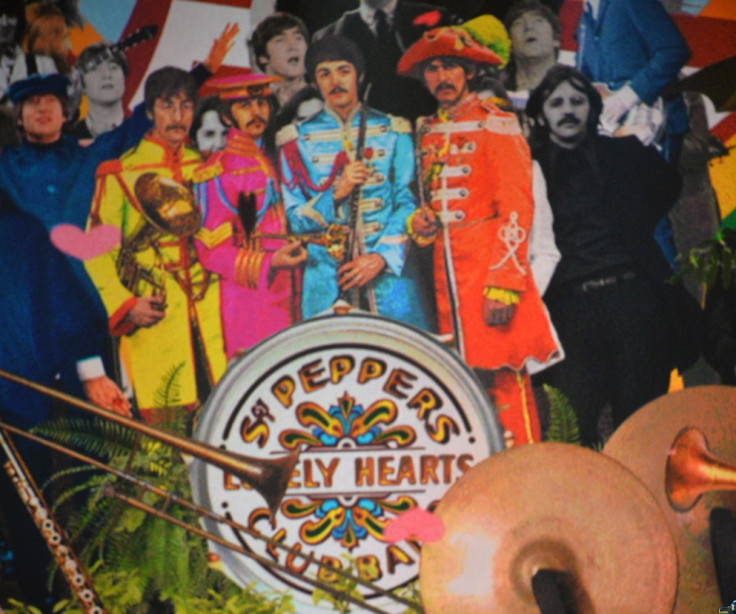Magic Mushrooms Offer Hope from Torment of Depression and Feelings of Inadequacy

Scientists studying the effects of magic mushrooms on the human mind have found the brain displays a similar pattern of activity during dreams as it does during a mind-expanding psychedelic drug trip.
An international group of researchers scanned the brains of 15 people before and after they received an injection of psilocybin, the hallucinogen found in the drug.
The naturally occurring psychedelic compound is thought to synchronise the activity of brain areas involed in emotion and memory, such as the anterior cingulate cortex and the hippocampus, which suggests the areas were working in unison.
The team have been exploring the potential of psilocybin to help alleviate severe forms of depression in those to fail to respond to other treatments. They stated that early-stage experiments had gained some positive results. It is thought the drug may stop patients dwelling on their perceived inadequacies, by turning down overactive parts of the brain.
"A good way to understand how the brain works is to perturb the system in a marked and novel way. Psychedelic drugs do precisely this and so are powerful tools for exploring what happens in the brain when consciousness is profoundly altered," Dr Enzo Tagliazucchi, who led the study at Germany's Goethe University, told Reuters.
Magic mushrooms have been widely used since ancient times, for religious ceremonies and recreation.
People who have used magic mushrooms have frequently described having an "expanded consciousness" and experiencing a "dream-like state".
For the study, Tagliazucchi and his team analysed the brains of 15 volunteers who were given psilocybin using an MRI scanner. The participants were also injected with a placebo drug.
They then comparied the fluctuations in the blood-oxygen level dependent, a method which monitors activity levels in the brain, both on and off the drug.
The results showed that with psilocybin, activity in the brain areas linked to emotional thinking became more pronounced, with other areas - including the hippocampus and the anterior congulate cortex - simultaneously active. This is similar to the state of dreaming.
"People often describe taking psilocybin as producing a dreamlike state and our findings have, for the first time, provided a physical representation for the experience in the brain," said Robin Carhart-Harris of Imperial College London, who also worked on the study.
"I was fascinated to see similarities between the pattern of brain activity in a psychedelic state and the pattern of brain activity during dream sleep, especially as both involve the primitive areas of the brain linked to emotions and memory," he told Live Science.
It was also discovered that psilocybin increased uncoordinated activity in the brain network linked to high-level thinking such as self-consciousness.
"There may be something in the loosening of the mind that occurs both in dreaming and in the psychedelic state that could be useful in terms of facilitating creative insight," Carhart-Harris told the Independent.
The study was published in the journal Human Brain Mapping.
© Copyright IBTimes 2025. All rights reserved.






















